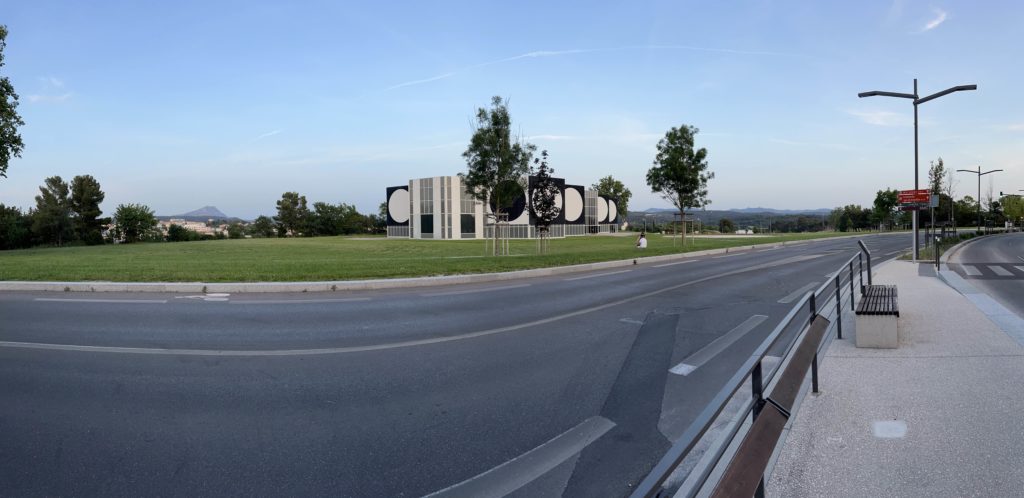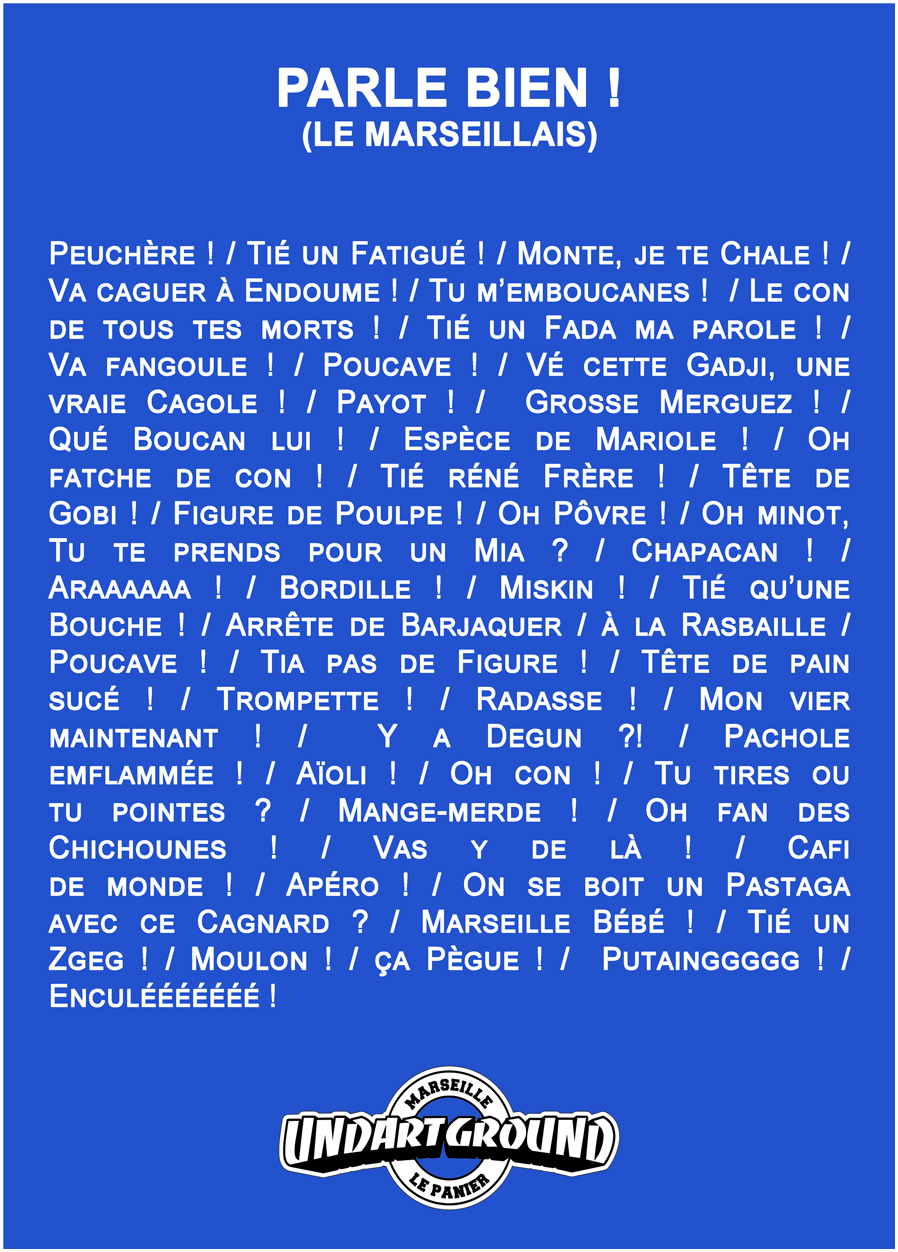Adjusting to life in a foreign country

Having been in France for a week, I feel much more adjusted to living in a foreign country and immediately more comfortable with the region. Thinking and communicating in a different language has profoundly changed the way that I think about my own language and my own thoughts. Of course, there is always the question of the degree to which language frames thought, but I have been interested in the question of how we frame language, i.e. the particular aspects of language that change depending on the region and the speaker.

Un petit dictionnaire
I have already grown attached to certain expressions used among young people, and I use the following almost daily:
du coup: an elusively versatile filler word. In my interactions, I understand it to function like “you know”, “like”, or “so”. I like to pepper my conversations with it in order to appear more natural.
c’est stylé: “stylé” is like an upgraded “cool”, but it carries a stronger connotation of sophistication or beauty
un beau gosse: an attractive young man. I aim to receive this compliment when I put on a good outfit.
une meuf: an example of verlan, the practice of reversing the syllables of words to give them a more colloquial meaning. In this case, “femme” is reversed to be “mme-fe” or “meuf”.
l’apero: a friendly gathering before going out
wesh: an interrogative adverb derived from Algerian Arabic. It most closely corresponds to “yo” in American English and is used more frequently over text.
au taff: “at work”
I anticipate learning more slang words and expressions as I interact more with people here, but I have been surprised at how easy it is to pick up these expressions without ever seeing them in writing. So far, the method of acquiring more French by brute-forcing my conversations, as gauche as it feels, has proven to be exceptionally valuable for expanding my vocabulary and increasing the fluidity with which I speak French.